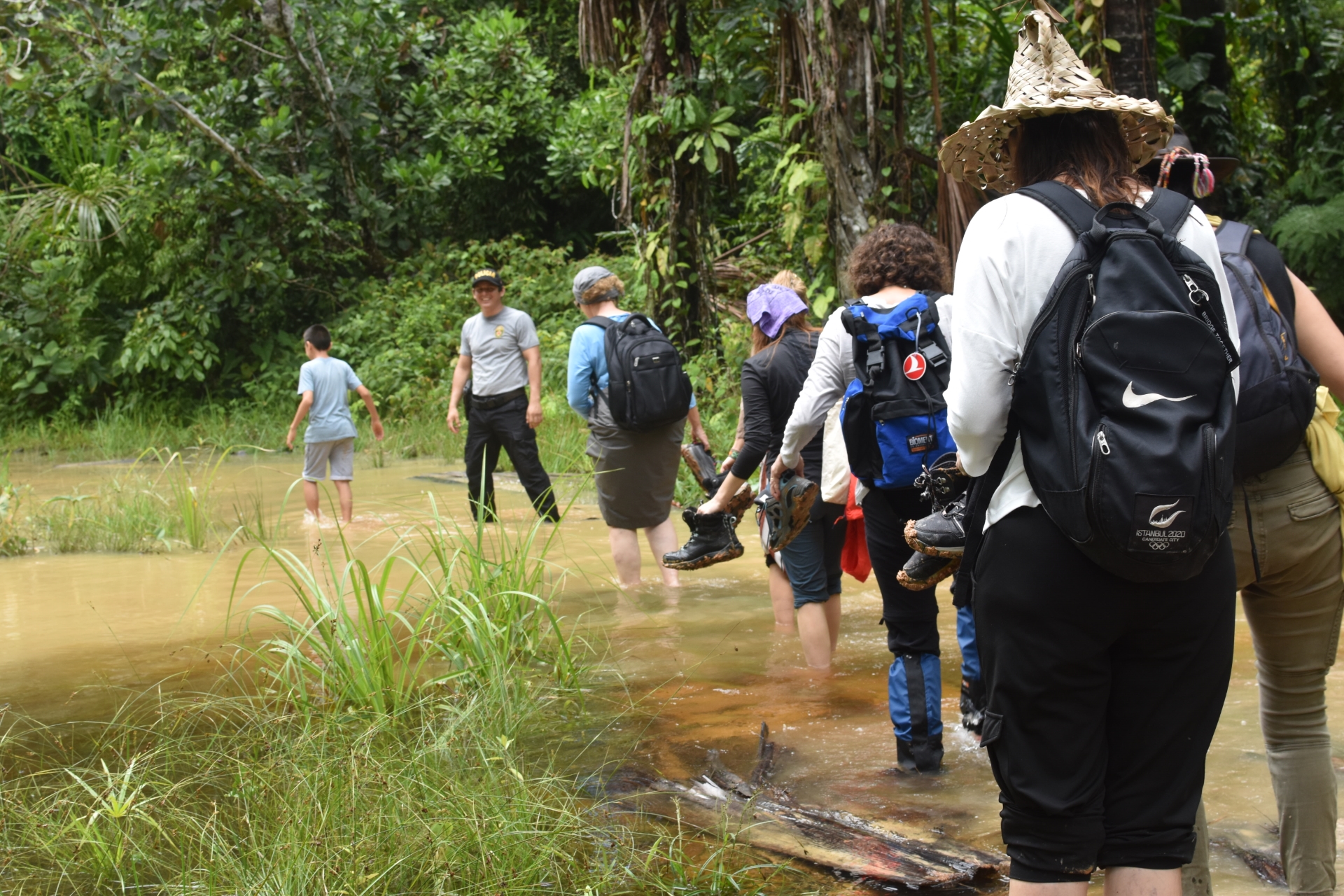· Webmaster Ayaselva · Medicinal plants · 4 min read
Therapeutic benefits of ayahuasca
Exploring ayahuasca's impact on mental health in a recent study

Ayahuasca, a potent psychedelic brew traditionally used by indigenous tribes in the Amazon, has gained attention for its potential therapeutic benefits. Recent research, such as the study conducted by Uthaug et al. (2018), has shown that a single dose of ayahuasca can improve mental health and well-being in healthy individuals both sub-acutely and four weeks post-ceremony. This replication study aims to assess these effects in both first-time and experienced users and explore the relationship between altered states of consciousness and changes in mental health.
The study involved 73 participants who attended ayahuasca ceremonies in the Netherlands and the Czech Republic. Participants were assessed before the ceremony, the day after, and four weeks following the ceremony. The findings replicated some of the previous results, showing a reduction in self-reported stress and an increase in satisfaction with life and awareness the day after the ceremony. However, the study did not find a reduction in depression. New findings included reduced ratings of anxiety and somatization and increased levels of non-judging four weeks post-ceremony. These effects did not differ between experienced and first-time users.
Ayahuasca is a brew made from the Psychotria viridis shrub, which contains DMT, and the Banisteriopsis caapi vine, which contains MAO inhibitors that allow DMT to pass the blood-brain barrier and affect serotonin receptors in the brain. The acute effects of ayahuasca include perceptual, cognitive, emotional, and affective changes that last between four to six hours. While ayahuasca can cause nausea and vomiting, it is generally considered safe and non-addictive.
The therapeutic potential of ayahuasca is thought to be related to the psychological insights gained during the psychedelic experience. This includes experiences of ego dissolution and spiritual or challenging experiences that can lead to relief from symptoms of depression and anxiety. Previous studies have shown that regular ayahuasca users report improved mental and physical health, better interpersonal relationships, and reduced addiction, depression, and anxiety.
In this study, the effects of ayahuasca on mental health were measured using several scales, including the Depression, Anxiety, and Stress Scale (DASS-21), the Brief Symptom Inventory (BSI-18), the Five Facets Mindfulness Questionnaire (FFMQ-15), and the Satisfaction with Life Scale (SWLS). The study found that ayahuasca reduced long-term stress levels, decreased anxiety, and improved satisfaction with life and mindfulness-related capacities. The intensity of the psychedelic experience, measured by the Ego Dissolution Inventory (EDI) and the 5D-ASC scale, was correlated with these improvements.
Interestingly, the study found that higher levels of ego dissolution were related to lower post-ceremony depression ratings, and higher levels of oceanic boundlessness were related to lower depression levels. Conversely, higher levels of anxious ego dissolution were related to higher levels of anxiety and somatization post-ceremony. These findings suggest that the quality of the psychedelic experience plays a significant role in its therapeutic effects.
The study highlights the importance of the ceremonial setting and the role of the shaman in guiding the experience. Participants were provided with a supportive environment, including a trained shaman who led the rituals and caretakers who assisted participants during the ceremony. This structured setting is crucial for ensuring a positive and safe experience.
Despite the promising results, the study has some limitations, including the lack of a control group and the potential influence of placebo effects. Future research should include placebo-controlled trials to better isolate the pharmacological effects of ayahuasca and explore the long-term benefits in clinical populations with established mental health conditions.
In conclusion, this replication study supports the therapeutic potential of ayahuasca in improving mental health and well-being. The findings suggest that ayahuasca can reduce stress and anxiety and enhance mindfulness-related capacities in healthy individuals. The study also emphasizes the importance of the quality of the psychedelic experience and the ceremonial setting in achieving these benefits. Further research is needed to confirm these findings and explore the mechanisms underlying the therapeutic effects of ayahuasca.